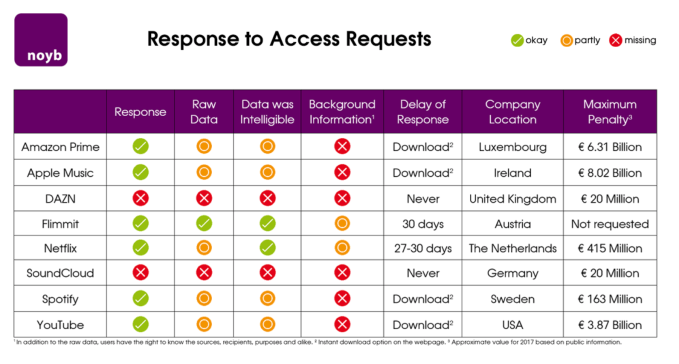Fintech in Southeast Asia continues to pique the attention of global investors. Alibaba, Tencent and others have jumped into the region and deployed hundreds of millions of dollars, and now Warburg Pincus is joining them. The U.S-headquartered PE firm has led a Series C investment in Vietnam’s Momo, which claims to be the country’s largest mobile wallet company with 10 million downloads.
Momo already has some big-name investors; Standard Chartered led a $28 million round in 2016 while Goldman Sachs invested $5.7 million back in 2013.
The size of this new round isn’t being disclosed, but Pham Thanh Duc, CEO of M-Service — the parent company of Momo — said it is a record deal for an e-commerce or fintech startup in Vietnam. A lot of the biggest deals in Vietnam have been undisclosed, but one of the largest from last year was a $50 million-odd investment in e-commerce company Tiki from China’s JD.com which gives an indication of the size. The deal might even be as high as $100 million, that’s according to a Deal Street Asia report, although Pham declined to comment on the figure.
M-Service was founded over a decade ago, Momo is its take on digital payments in Vietnam, a market of nearly 100 million people, one-quarter of whom are aged under 25.
Momo started out offering digital payment via an e-wallet app. It has since expanded into utility bill payments and mobile top-up, as well as areas like movie tickets, airline flights and payment for goods and services at 100,000 payment points nationwide, including popular chains. The service recently began offering bill payment for loans, and Pham said it is developing a credit scoring system that will allow it to introduce financial services to users in partnership with financial institutions.
The playbook, he said, is very much based upon the success of Alibaba’s Alipay and Tencent’s WeChat Pay services in China, which went from payments to loans and investing and more.
While both of those Chinese internet giants have stepped into Southeast Asia with fintech investments in markets like Indonesia, Thailand and the Philippines, neither has entered Vietnam at this point. Pham said Momo has an ongoing dialogue with Alibaba, but there’s been no investment. Since neither Alibaba nor its fintech affiliate Ant Financial has an operating presence in Vietnam, he said the relationship is “just conversations” at this point. That’s certainly a pairing that is worth keeping an eye on as Alibaba aims to enlarge its presence in Southeast Asia, which — with a cumulative population of 600 million people, growing middle classes and rising internet access — is seen as a growth opportunity by Chinese tech companies.
Partner-wise, Momo works with the likes of Facebook and Google to provide payment for their services and it will soon begin working with Apple, Pham revealed.
While other businesses may be looking region-wide, Momo is not entertaining new market expansions at this point.
“For the next two to three years, we are still very focused on the domestic market,” Pham told TechCrunch in an interview. “There’s no short-term plan to expand to other countries [and] our main effort is focused on user base expansion in Vietnam.”
But, Pham said, he does expect that overseas players will enter Vietnam.
Grab Pay and GoPay [from ride-hailing duo Grab and Go-Jek) will come soon and even Alipay, but I think that for the last five years we have been the number one e-wallet provider,” he said. “We care much about competitors because we are leading the market… other players have had to imitate our model.”
Estimating that nearest-competitor ZaloPay, from Vietnam’s top chat app Zalo, may have around “one-tenth” of the user base Momo, Pham explained that he believes his company is around 12-18 months ahead of the competitor.
This new investment — which was led by a Warburg Pincus affiliate in Vietnam and closed last year — is aimed at fortifying that lead and grabbing a much larger slice of the Vietnamese population, which is tipped to rocket past 100 million by 2025.

from Apple – TechCrunch https://tcrn.ch/2HkhpTb

